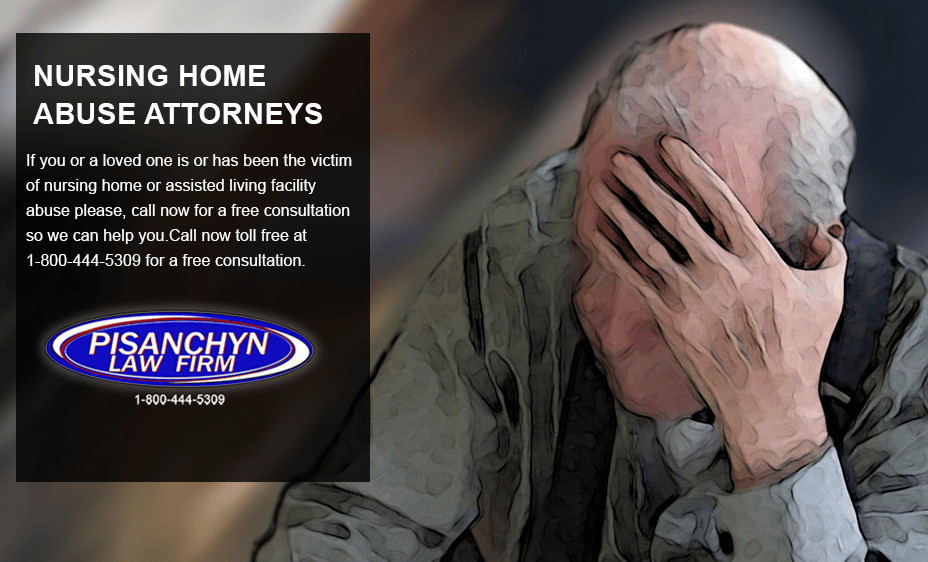Nursing homes in Pennsylvania are meant to be places of care, comfort, and respect for our elderly loved ones. However, in some instances, they fail to live up to these standards, leading to various forms of abuse. In this blog post, we’ll delve into the different types of nursing home abuse that occur in Pennsylvania, shedding light on these critical issues and emphasizing the importance of seeking justice for the victims.
1. Physical Abuse:
Physical abuse in nursing homes involves intentional harm or physical force that results in injury or pain to residents. It may manifest as hitting, slapping, restraining, or other forms of violence. Signs of physical abuse include unexplained bruises, cuts, fractures, or frequent injuries.
2. Emotional Abuse:
Emotional abuse takes a heavy toll on residents’ mental well-being. It encompasses verbal threats, humiliation, intimidation, or isolation. Victims may exhibit signs such as depression, anxiety, withdrawal, or significant behavioral changes.
3. Neglect:
Neglect in nursing homes occurs when staff fail to provide residents with essential care and necessities. This can include insufficient nutrition, inadequate medical attention, and unsafe living conditions. Neglected residents may suffer from malnutrition, dehydration, untreated medical issues, or live in unsanitary environments.
4. Financial Exploitation:
Financial exploitation targets the financial resources of nursing home residents. Unscrupulous individuals may manipulate, misuse, or steal residents’ money, benefits, or possessions. Signs include unexplained financial transactions, missing assets, or sudden financial distress.
5. Sexual Abuse:
Sexual abuse involves non-consensual sexual contact, harassment, or exploitation of residents. Victims may exhibit signs of trauma, depression, anxiety, or inappropriate sexual behavior. This form of abuse can have severe and long-lasting effects.
6. Medication Mismanagement:
Improper administration or overmedication of residents can lead to severe health issues. Medication errors may result in physical and emotional harm and should be closely monitored and reported.
7. Inadequate Care and Negligence:
General negligence may involve understaffing, inadequate supervision, or a lack of proper care for residents. This can lead to injuries, falls, bedsores, or other preventable health problems.
Recognizing Signs of Nursing Home Abuse:
Families must be vigilant in recognizing signs of abuse to protect their loved ones. Common indicators include unexplained injuries, weight loss, emotional distress, unsanitary living conditions, financial irregularities, or any unexplained changes in residents’ behavior or health.
Seeking Justice:
If you suspect nursing home abuse in Pennsylvania, it is crucial to take immediate action to protect your loved ones and hold those responsible accountable. Document evidence, report the abuse to the appropriate authorities, consult with a personal injury lawyer experienced in abuse cases, and consider filing a lawsuit to seek justice for the victims.
In conclusion, ensuring the safety and well-being of our elderly loved ones in nursing homes is a shared responsibility. By understanding the types of abuse that can occur and taking the necessary steps to address them, we can make a meaningful impact in protecting their rights, dignity, and quality of life.





